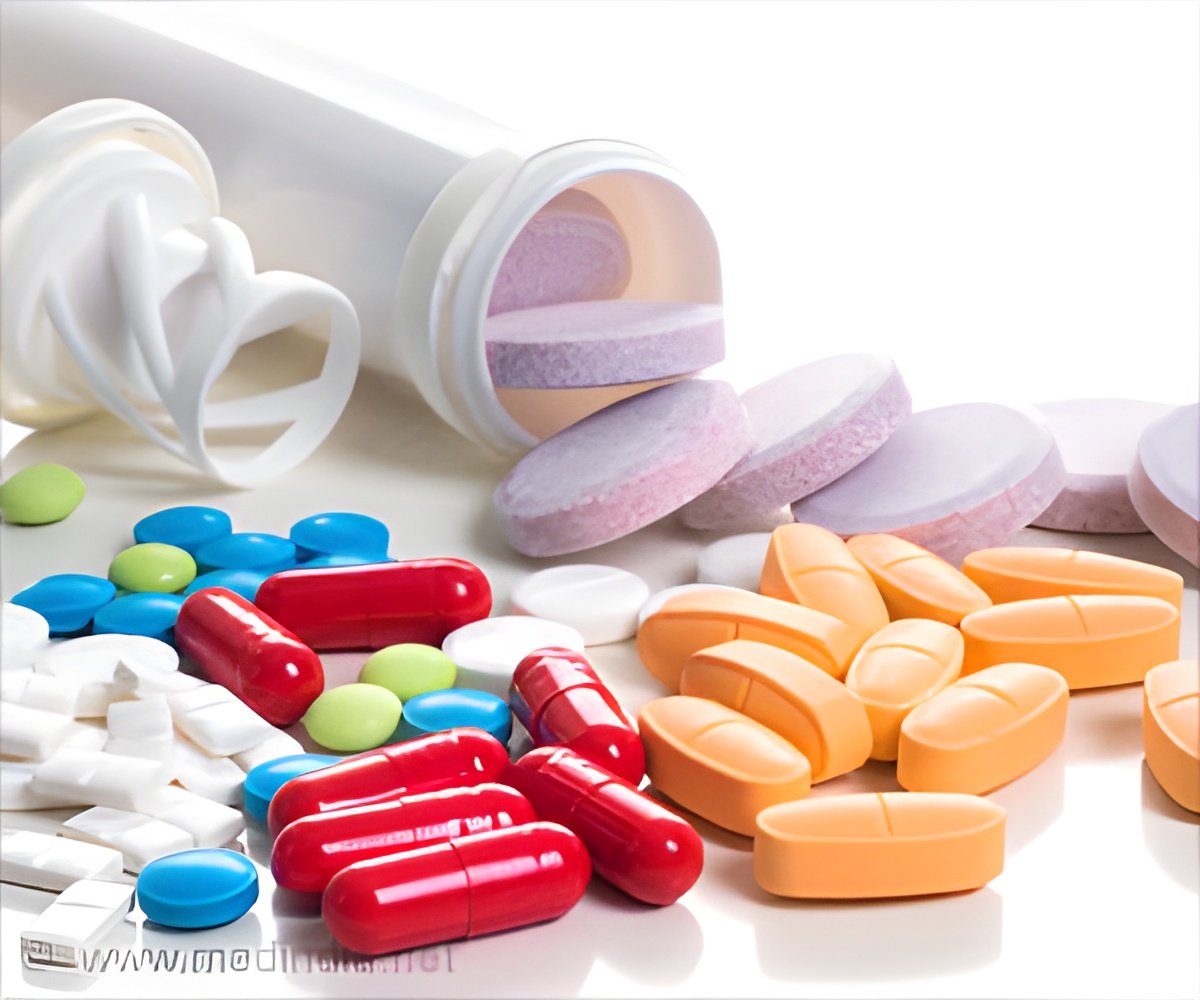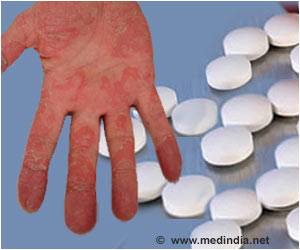The three-day international convention of International Society of Pharmacovigilance (ISOP), which ended here on Wednesday, has painted an alarming scenario of drug misuse and its

‘A three-day international convention of International Society of Pharmacovigilance (ISOP) has painted an alarming scenario of drug misuse and its generally ignored side-effects in patients.’





Recommendations emerging from interactive sessions at conventions over three years will now be forwarded to the Medical Council of India (MCI) and the Health Ministry, ISOP President K.C. Singhal said. Singhal told IANS that India needed to develop patient-centric pharma vigilance and foolproof systems to effective monitoring of drugs which are now critically endangering lives through side- and after-effects.
Asked what exactly the convention wanted the government to do, Singhal said: "Reporting of the use of drugs should be prompt and proper. Patients themselves can come up and report their experiences of drug use."
"At present, India does not have this system. We have advised concerned authorities to incorporate in the syllabus of pharmacy courses, monitoring and reporting of drug effects," he added.
Researchers from Italy, Australia, Britain and other developed counties shared an alarming dimension of the problem and said that in developed countries more people are dying of drugs, their over-use and side-effects, than in accidents but monitoring of drugs use was not being done.
Advertisement
Although the World Health Organization was conducting selective monitoring, in India reporting and monitoring process was poor. Adverse drug reaction (ADR) centers are in Mumbai and Aligarh.
Advertisement
The conference delegates said that the Indian system of medicines should be standardized, as many Ayurvedic drugs were resulting in adverse reactions.
"The Jamnagar Ayurvedic University in Gujarat has started monitoring effects of various Ayurvedic medicines, but there was need for awareness rationalization of the whole system of medicines, including those used by Unani, as even today up to 75% of our population is using 'desi' medicines," Singhal told IANS.
Source-IANS










